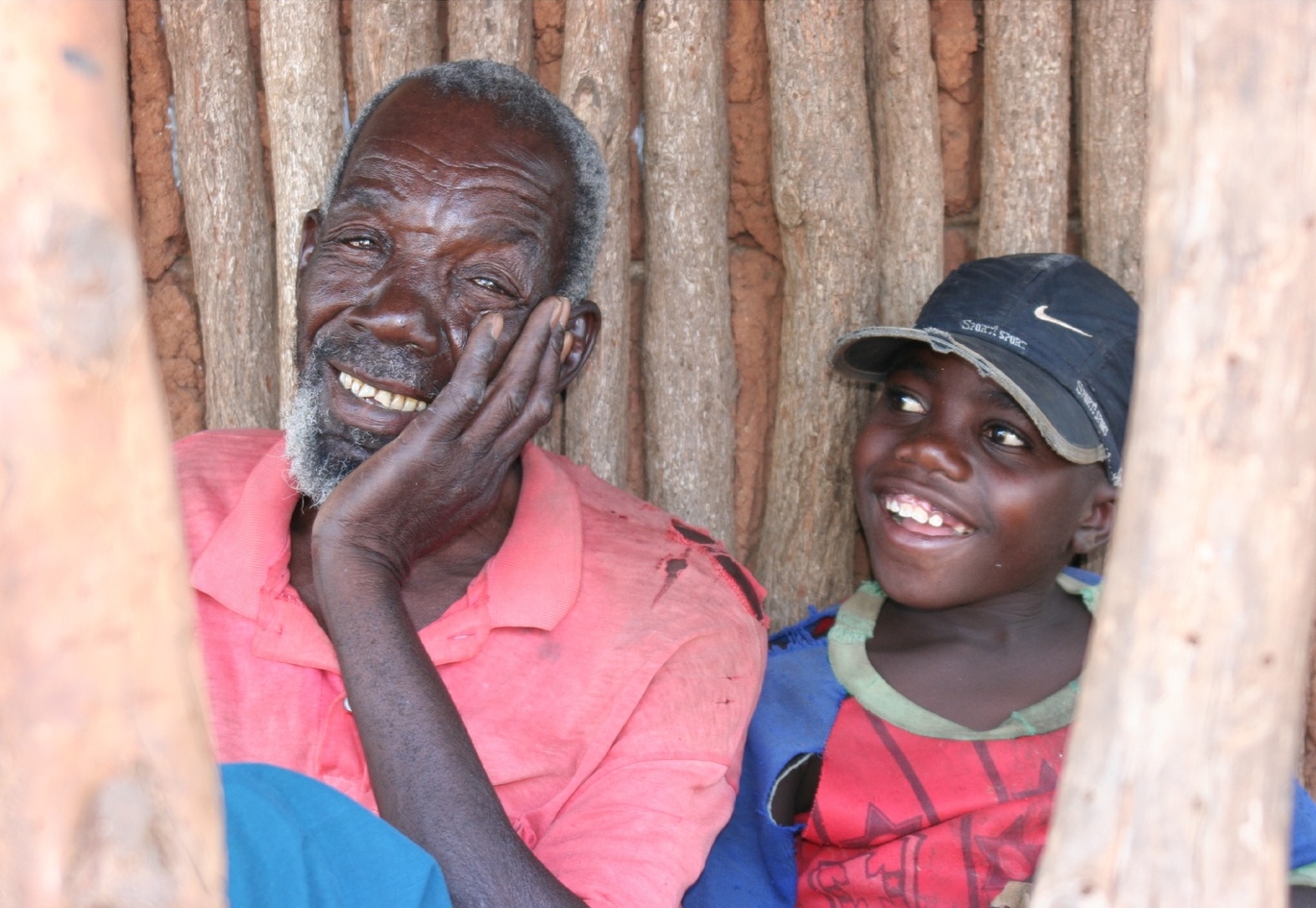
Partner Story: Vukoxa Visit
Partner Story: Vukoxa Visit
Chokwé District, where Vukoxa is based, is one of the country’s hardest hit areas, with an HIV prevalence rate of 25%. Its proximity to the border means that many working-age men journey to the mines of South Africa – those that survive often returning HIV+. Over half the population in this district is under 20 years old.
On paper, Vukoxa is a small, lean organisation with just four paid employees led by Michaque Ubisse, their Project Co-ordinator. But this belies their impressive logistical capability. They are able to reach many thousands of grandparents living in remote rural areas and offer vital support both to them and the vulnerable children in their care. Split into associations across 8 different communities, grassroots groups established by Vukoxa feed the needs of their local community to staff members, who in turn work with local government and NGOs to develop programmes that help the families decimated by AIDS.
We visited the Mashua community, north of Chokwé, to see how Vukoxa was helping the elderly grandparents caring for vulnerable children there. Three years ago, as part of an Egmont-funded project, Vukoxa installed a water pump to irrigate the crops of the local community. Each grandparent is part of a collective, working the mashamba or garden and collecting a portion of the produce. We heard how the water pump has greatly increased their productivity and currently comfortably supplies 18 acres of farmland.
This simple, low-cost intervention has completely transformed the community’s livelihood. As well as producing enough diverse crops to feed the collective, there is also a significant surplus. This year the Mashua group produced nearly 11 tonnes of beans and hired 250 workers from nearby communities to harvest the produce. The profit was enough to purchase a motorbike, 6 cows, seeds for re-planting, and books and school essentials for the children in their care.
This story first appeared in our 2014 Winter Newsletter.
Some names and identifying details have been changed to protect the privacy of individuals. Often, photos are purely illustrative and do not represent the individuals portrayed.